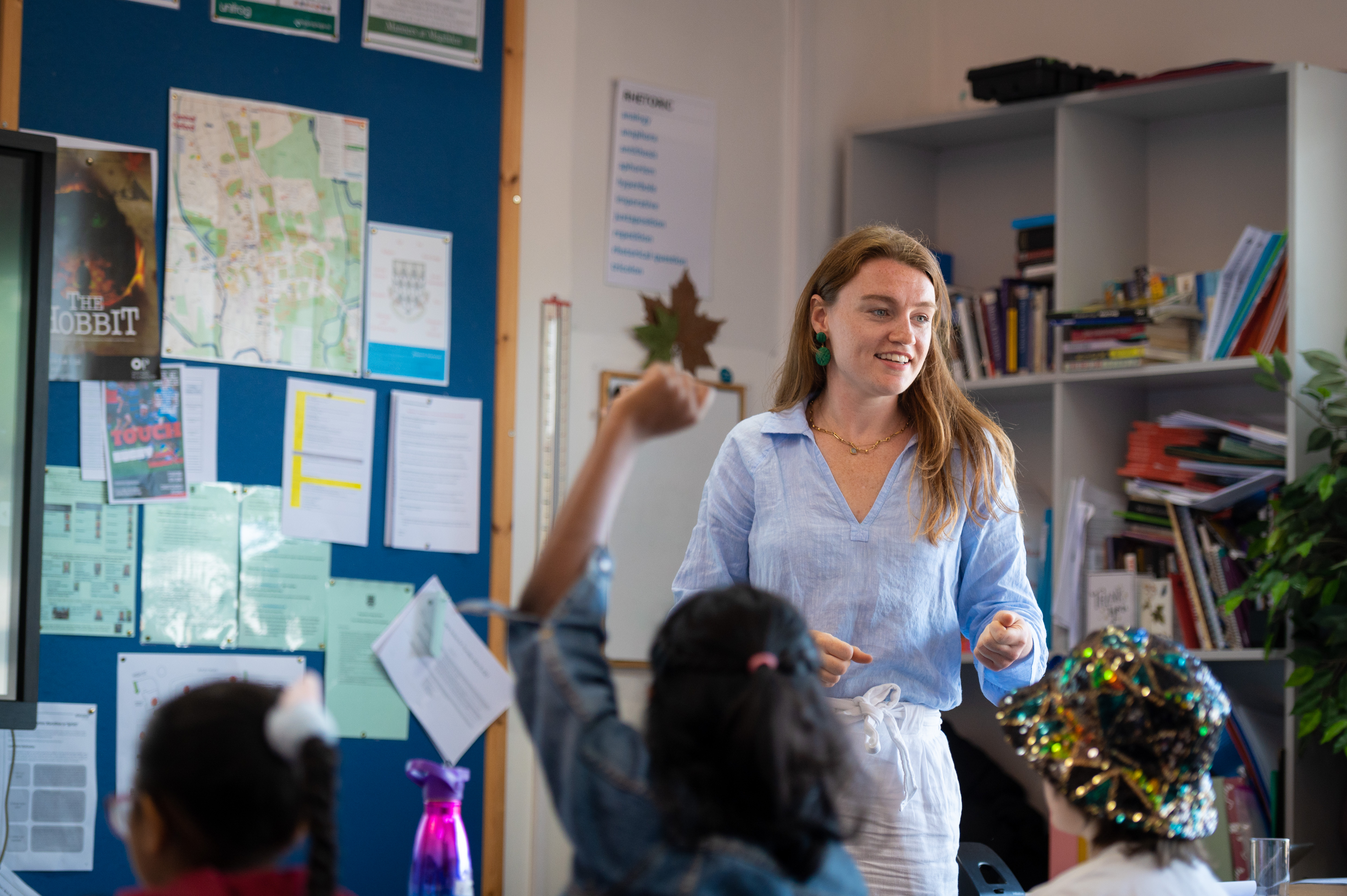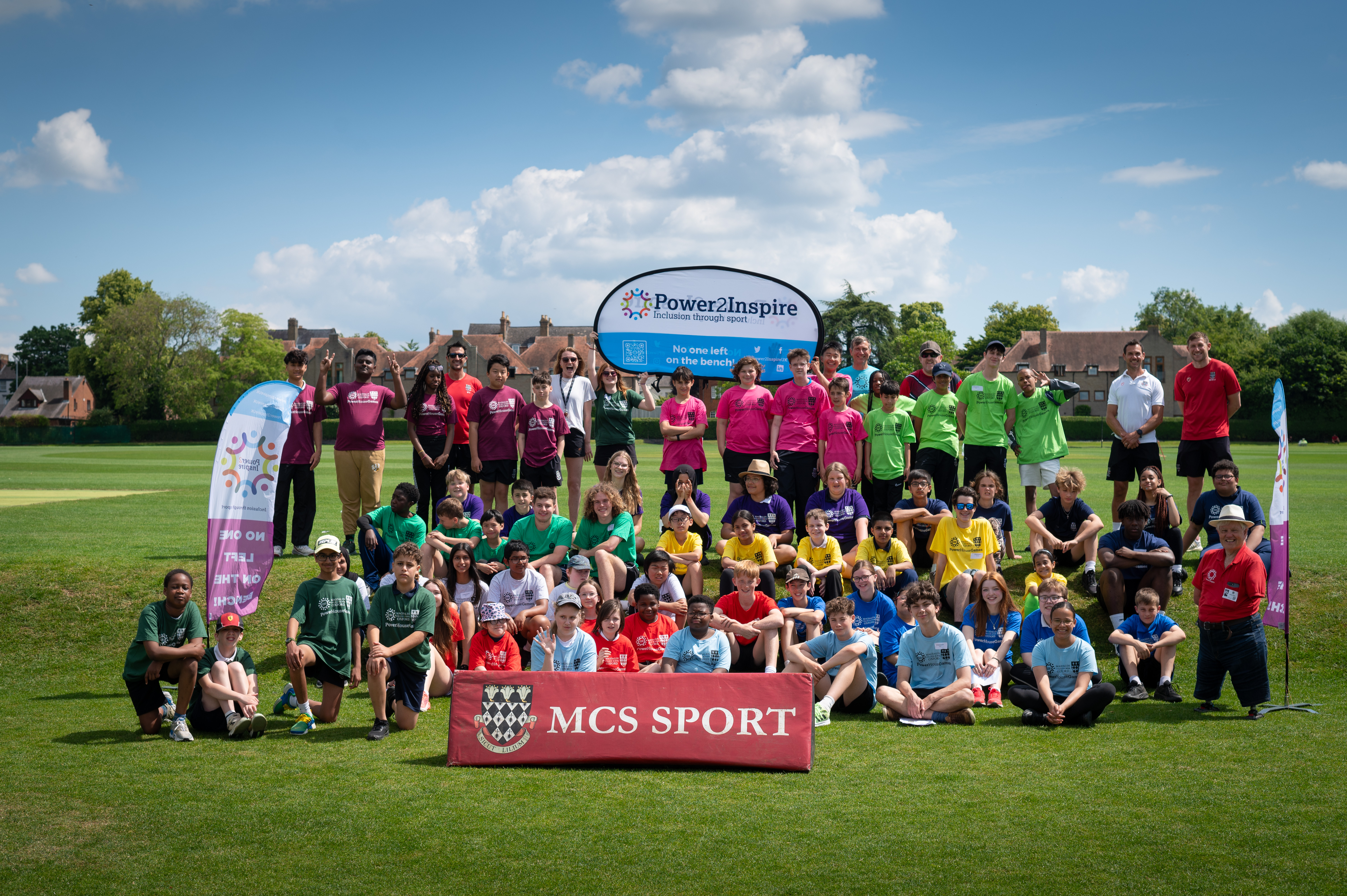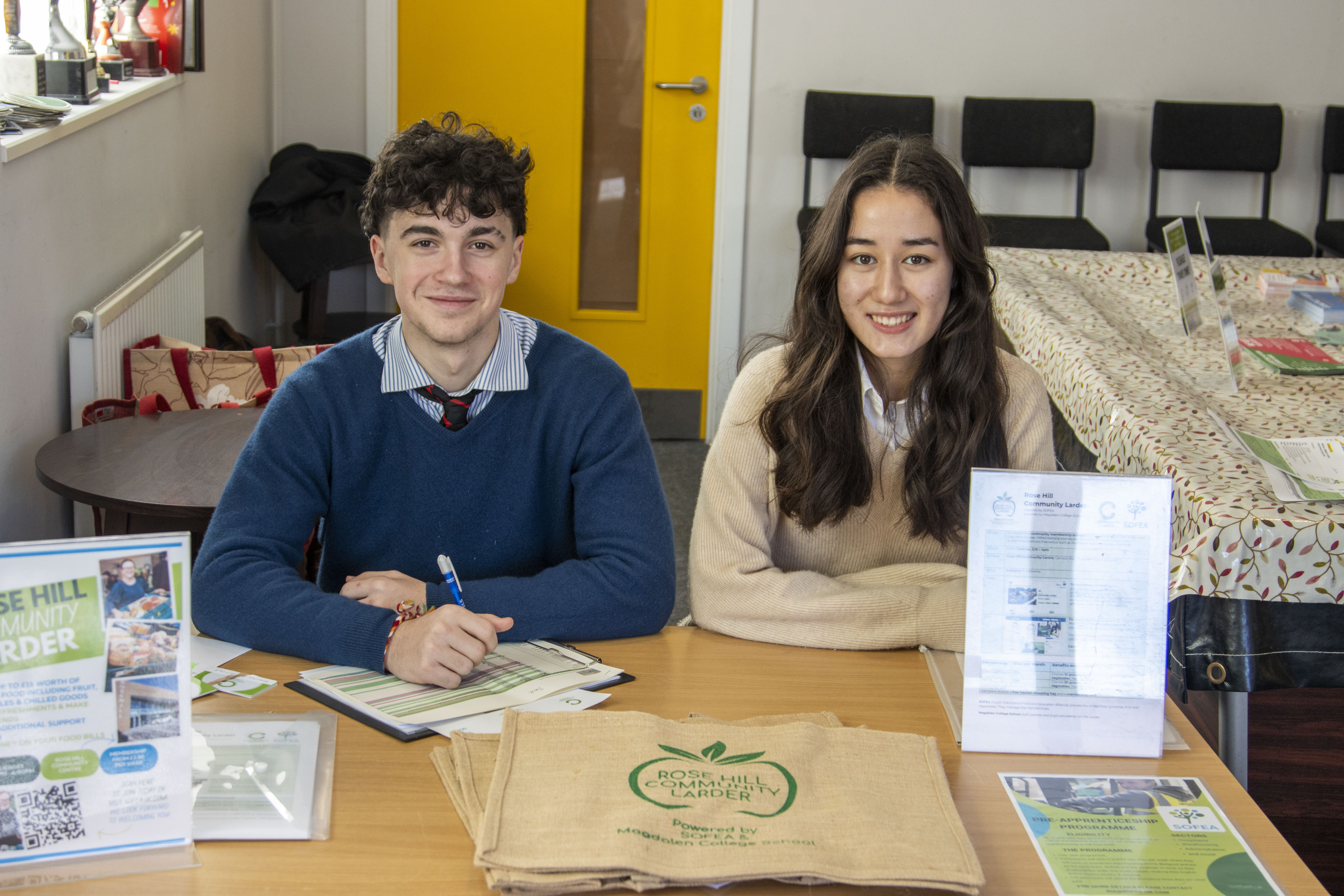Spotlight On: Partnership impact reporting at Magdalen College School

Scott Crawford, deputy head (education development) at Magdalen College School (MCS), shares his school’s approach to measuring the impact of partnerships, and considers how artificial intelligence could be used to enhance and streamline this work.
At last’s week’s School Partnerships Alliance conference, everyone agreed that partnerships are valuable, and that they make a vital contribution: but how valuable exactly, and how much contribution?
I co-hosted a roundtable discussion on impact reports which grappled with these questions. The day was packed with insights from outstanding speakers who shared a wealth of ideas on various themes linked to cross-sector partnerships.
At MCS, we’ve published five impact reports, each evolving to reflect our expanding and dynamic partnership work more effectively. It was a delight to see MCS featured in the latest Celebrating Partnerships report from the ISC, which highlighted our work in teacher recruitment, training, and professional development. These areas are central to our mission as a “teaching school,” dedicated to supporting new generations of educators and fostering collaborative dialogue between our staff and those at partner schools. Along the way, we’ve adopted interesting and innovative approaches from reports by other schools and the charity sector. The process of creating these documents raises an important question: Who exactly are they for?

An impact report serves as an invitation to our community. It’s a record of our activities, initiatives, and values—a statement of who we are as a school. Our reports outline the diverse projects we undertake and communicate to our community that this work is central to our mission. More than that, they ask: How would you like to get involved? On a deeper level, our reports extend an invitation to others who share similar goals, asking: Can we work together and amplify our impact?
Our impact report also serves a practical purpose by updating donors who make much of our partnership work possible. Despite the current pressures faced by independent schools, we’re committed to deepening our partnership work, with plans to double down on our efforts. This expansion will be all the more achievable if we can continue to rely on donor support to extend our reach.
Another benefit of the report is its role in recognising the efforts of everyone involved, from pupils to staff at both MCS and our partner schools. Through a well-chosen photograph, we often find that we can communicate the enthusiasm of participants and their successes more effectively than data alone.

In our latest report, we are particularly proud of the cohort photograph of the 30 pupils from 13 local primary schools enrolled in our Bridge Programme. This year-long Saturday school supports curious young minds with access to an academic extension programme that brings children together from across the city to work with our sixth formers and teachers. It’s a bridge to secondary school, new subjects (perhaps Greek!), and new ideas. What’s particularly encouraging is that every child who appears in the cohort photograph at the beginning of the year is present again in the graduation photo 12 months later. While we gather plenty of quantitative data to measure the impact of this particular partnership project, it’s the smiles at the beginning and end that prove especially enduring.
Measuring impact, though challenging, is becoming increasingly effective thanks to a growing pool of expertise and resources. We have sought guidance from the ISC’s School Partnership Impact Evaluation Kit, which offers a range of impact measurement tools and approaches. Among these, the Motivated Strategies for Learning Questionnaire, useful for assessing increases in self-efficacy, and Angela Duckworth’s Grit Scale are both accessible and widely applicable.
Emerging tools and metrics—potentially powered by artificial intelligence (AI)—promise to make impact measurement even more straightforward. AI could help to identify trends and uncover improvement opportunities that might otherwise remain unnoticed. Additionally, AI could streamline the thematic analysis of qualitative data gathered from partnership activities, supporting a more nuanced understanding of effective practices. At MCS, we’ve hired an AI researcher in residence to help us explore some of these possibilities.
While detailed impact reports will remain relevant for some time, it is likely that in the coming years, storytelling around partnership work will increasingly shift to formats like Instagram posts, podcasts, and videos. Interactive maps—such as the one created by IntoUniversity to showcase their exceptional initiatives—are particularly engaging and informative. These dynamic formats may become even more effective invitations for collaboration, drawing in prospective partners who are eager to work together for the benefit of all children and young people. We are excited to see who will reply to our next invitation...

